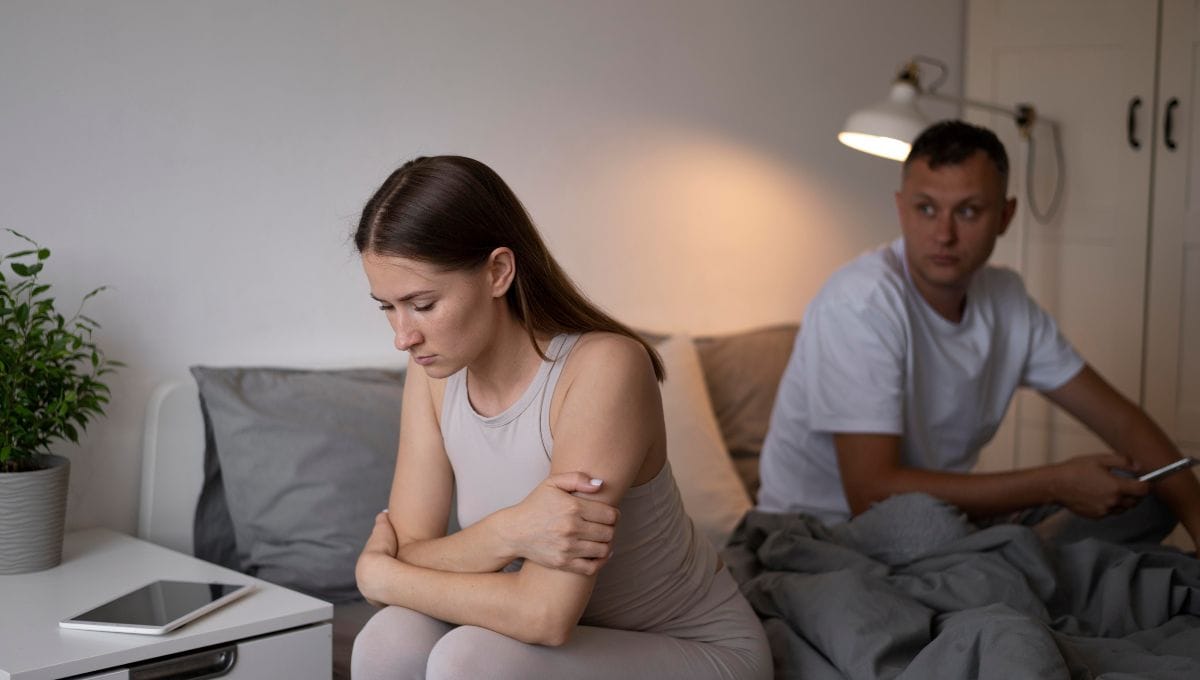Supreme Court to Review Constitutional Validity of Marital Rape Laws Granting Immunity to Husbands
The Supreme Court of India is set to decide whether laws that provide immunity to husbands from prosecution for marital rape are constitutional. These laws, under both the Indian Penal Code (IPC) and the Bharatiya Nyaya Sanhita (BNS), currently state that a husband cannot be charged with rape if he forces his wife, who is not a minor, to have sex with him.
A bench led by Chief Justice D.Y. Chandrachud, along with Justices J.B. Pardiwala and Manoj Misra, is reviewing the issue. The court asked for the petitioners’ views on the government’s argument that criminalizing marital rape could harm marriages and disrupt family life.
Senior advocate Karuna Nundy, representing one of the petitioners, argued that the current exemption is unconstitutional. She claimed it violates several key rights, including the right to equality (Article 14), the right to freedom (Article 19), and the right to life and personal liberty (Article 21). Nundy urged the court to strike down the provision.
The court noted that Parliament, when creating the exemption, intended that a husband’s sexual act with his wife, if she is over 18, would not be considered rape. The justices now face the challenge of determining whether this immunity should be removed, and if so, whether the existing laws on rape would apply or if a new legal provision is needed.
This issue was brought to the Supreme Court after a split verdict in May 2022 by the Delhi High Court, which allowed the petitioners to appeal. The case involves significant constitutional questions, and the hearing is ongoing.
Under both the IPC and BNS, the current law states that sexual acts by a man with his wife, provided she is not a minor, are not considered rape. The government expressed concern that changing this law could lead to misuse, making it difficult to prove whether consent was given or not.
ALSO READ | Hyderabad Woman Raped by Auto Driver
